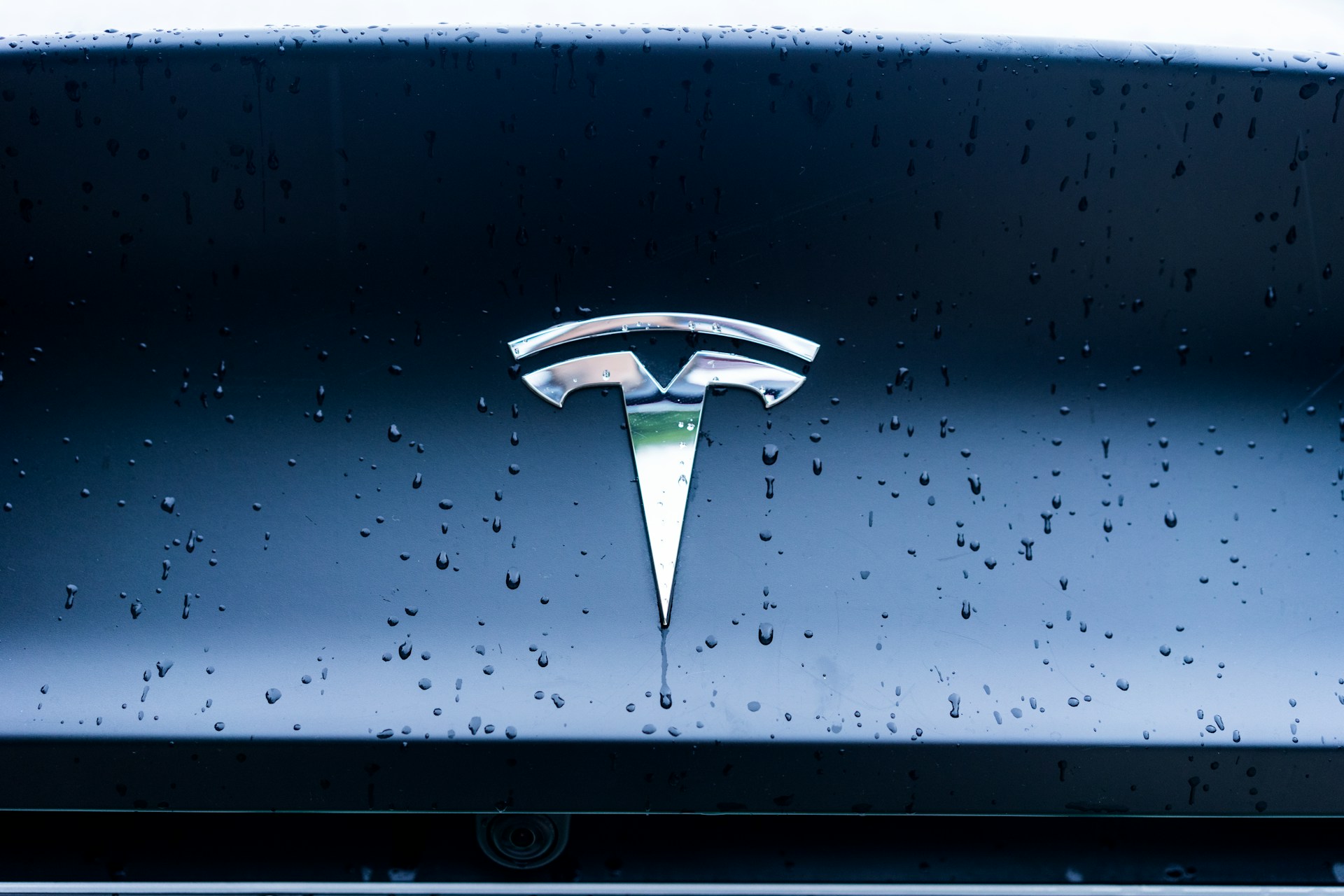Eleven days, a 41 percent gain: Tesla’s stock has once again become a favorite among investors. Just about two weeks ago, the outlook for the electric car pioneer on the stock market was quite different. The year-to-date performance was deeply in the red, with a significant 25 percent loss. However, just a few days later, Tesla’s stock was clearly in the black, with a year-to-date gain of around six percent by Wednesday evening. Such a remarkable stock market rally is highly unusual for an established large company like Tesla. So, what is behind it?
Tesla: The Next GameStop?
Not much, according to the legendary fund manager and “Bond King” Bill Gross. He believes Tesla is behaving “like a meme stock – declining fundamentals, sharply rising stock price,” Gross said in a post on X. Meme stocks, like GameStop, gain significant attention on social media. Typically, their stock prices soar for a while without being justified by fundamentals, such as good quarterly numbers. An equally typical trend is the subsequent crash: GameStop’s stock has already plummeted by 60 percent from its recent highs. So, is Tesla’s stock facing a similar fate? On the surface, Tesla’s recent performance has been far from stellar. Vehicle deliveries in the second quarter, at just under 444,000, were 4.8 percent below the previous year’s figure.
Short Sellers Drive the Rally
However, unlike in the first quarter, the electric car maker significantly exceeded Wall Street’s estimates; the market consensus had expected Tesla to deliver 8,000 fewer vehicles. The immediate stock market reaction was accordingly positive. What followed is well-known on the stock market as a “short squeeze”: short sellers, who had bet on a further decline in Tesla’s stock price, were caught off guard. They were forced to quickly cover their positions, buying Tesla stock and thus driving the price even higher.
Elon Musk Jabs at Bill Gates
According to a report by US broadcaster CNBC, Tesla short sellers lost around $3.5 billion in the first three days following the delivery numbers. Much to the delight of Elon Musk. The Tesla CEO took to his platform X to once again taunt the short sellers, specifically targeting Bill Gates. The Microsoft founder had bet against Tesla’s stock on the market. Tesla short sellers would be “wiped out,” Musk predicted. “Even Gates.” In his post on X, Musk also promised that Tesla would solve its acute problems with autonomous driving. This addresses one of the biggest risks for Tesla’s stock price. Musk plans to unveil a self-driving robotaxi later this year, priced at under $20,000. Visually, Tesla’s robotaxi would have little in common with a conventional car, as it would lack a steering wheel, gas pedal, and brake pedal. Instead, it would use what Musk describes as a “superhumanly” good autopilot system called “Full Self-Driving.”
An Underperformer Overall
However, Musk has recently been noticeably quiet about robotaxis. Concrete, reliable statements? None. The stock market is now eagerly awaiting July 23, the day Tesla will present its quarterly results. If Musk again fails to provide details on the robotaxi business, the stock could quickly decline again. Despite the hype of recent days suggesting otherwise, Tesla remains an “underperformer” on the stock market this year: since the start of the year, the stock has fallen by three percent. In comparison, the tech-heavy Nasdaq 100 index has gained over 20 percent during the same period. Yesterday, the first Tesla investors got cold feet, with the stock plunging over eight percent on the Nasdaq.
